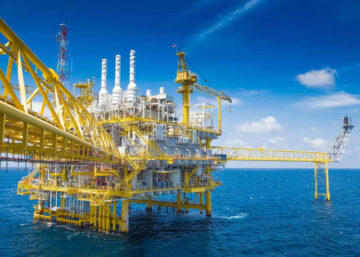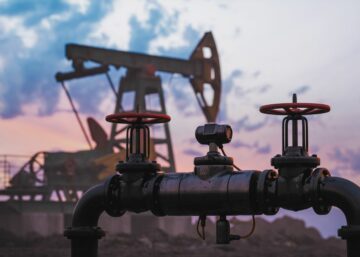In what could be a potentially very significant breakthrough, a New Zealand based company has produced the first samples of what
it describes as ‘green-crude’, manufactured from wild algae.
Barry Leay, Chairman of Marlborough based Aquaflow Bionomic
Corporation says, “This is an exciting development because we can separate fuels such as diesel and aviation fuels, as well as a range of high value
chemicals, from green-crude”.
Green-crude differs significantly from first generation biofuels because it is made solely from photosynthetic microorganisms (algae), which absorb sunlight, CO2 and nutrients found in waste streams or agricultural runoff. In essence, green-crude has the same origins as traditional oil reserves – albeit without a weight of several million years before recoverable
oil is commercially extractable.
Wild algae can be grown in wastewater, so the feedstock for ‘green crude’ doesn’t require the harvesting of food crops or the setting aside of land that may otherwise be used for agricultural production – which has proven a bone of contention between first generation biofuel producers and environmentalists. Currently, Aquaflow sources its wild algae from the local municipal waste treatment oxidation ponds and essentially the company is transforming a waste stream into a commercially and environmentally valuable
product.
“Our journey to develop a truly sustainable next generation fuel solution has taken us in a number of new and significant directions. We’ve learned that developing fuels from green-crude is clearly achievable,” explains
Leay.
Leay says that outputs from the green-crude samples are showing similar or greater potential than existing mineral based petroleum
products.
“We’re continuing to explore the range of products that may be developed from green-crude. We are likely to end up with a suite of products that can literally be ‘dropped into’ the existing petroleum fuels
infrastructure,” he comments.
“With the green-crude showing such promise we are now also concentrating on delivering high quality clean water for use in irrigation systems
or for re-use by industry,” adds Leay.
“The process of removing wild micro-algae from wastewater removes a substantial amount of contaminants, leaving the effluent water much cleaner than with existing treatment systems. With further filtration and
polishing the water may be reused for multiple purposes.”
Aquaflow claims to be able to separate fuels such as kerosene from the crude product – the most widely used liquid heating fuel in the British Isles. Therefore, at some point in the future the potential seems to theoretically exist to simply substitute or mix heating oil from conventionally derived sources, with a renewable fuel derived from algae – and without the need
for expensive equipment changes.



